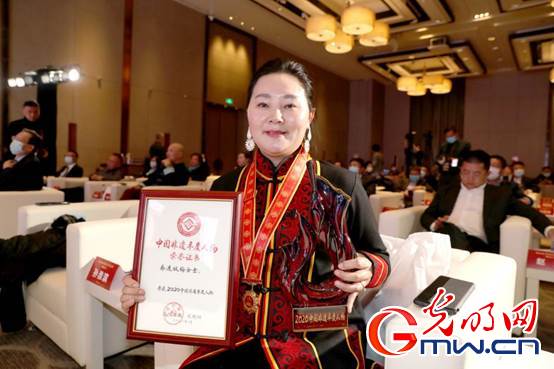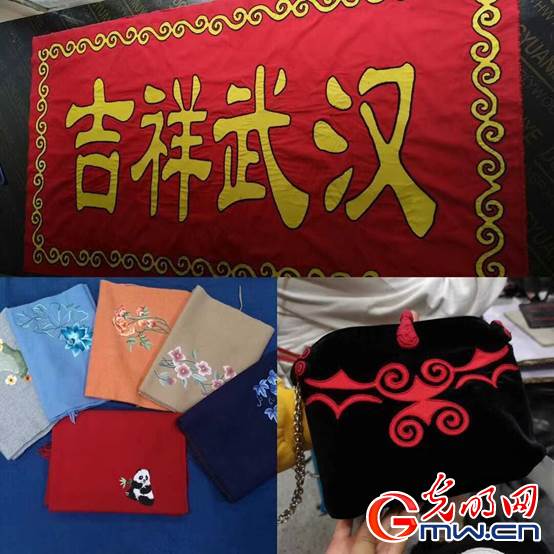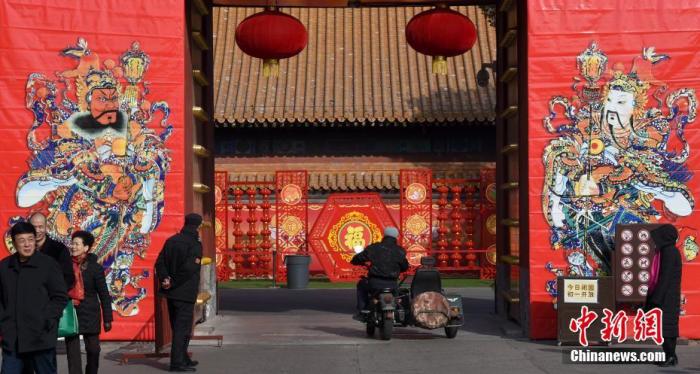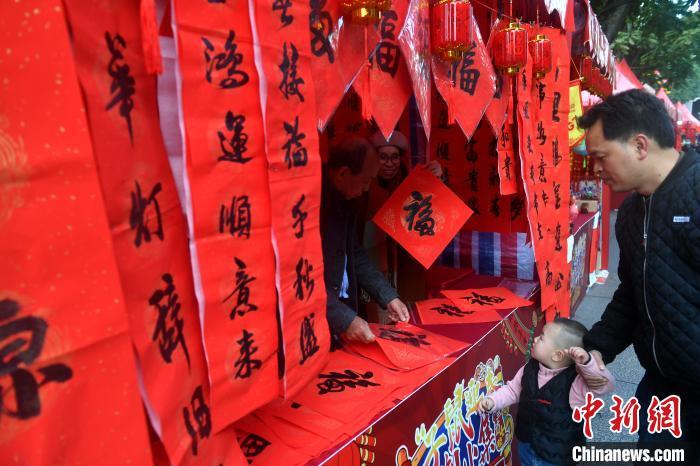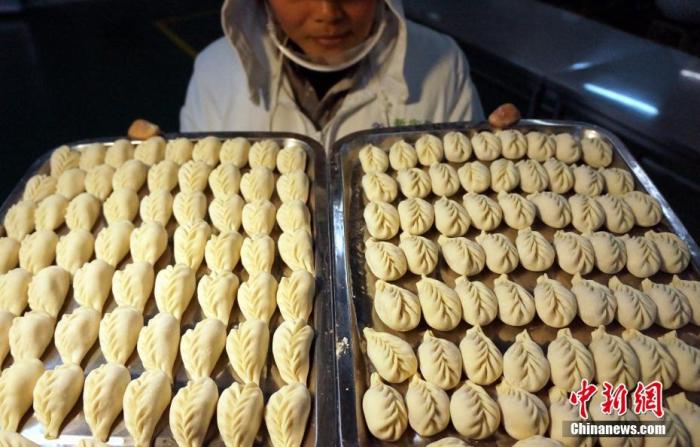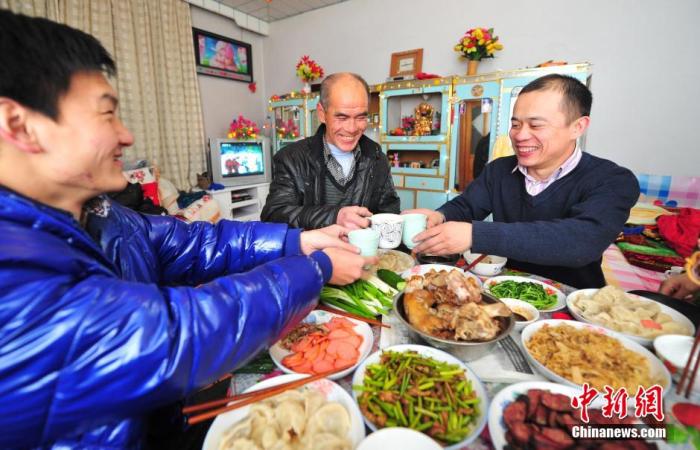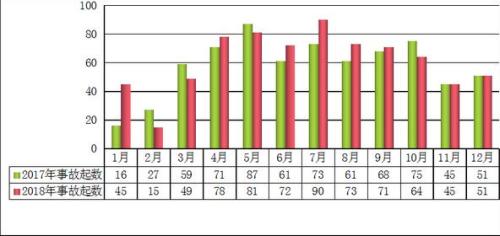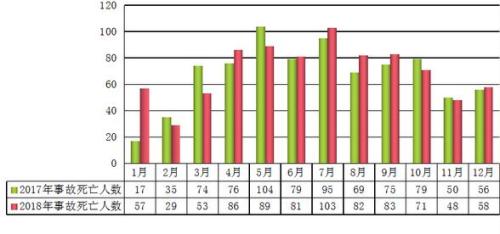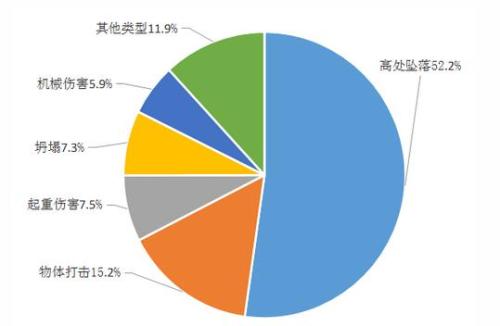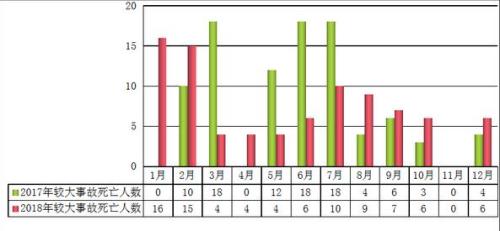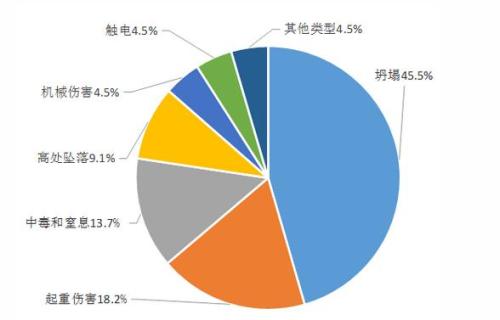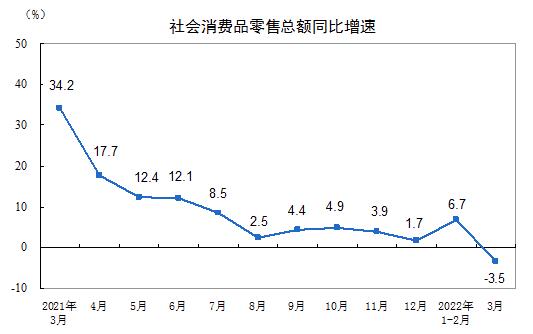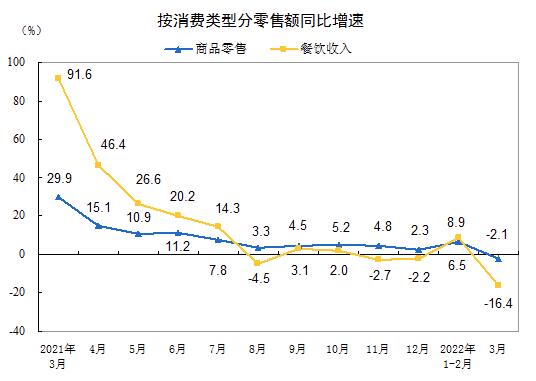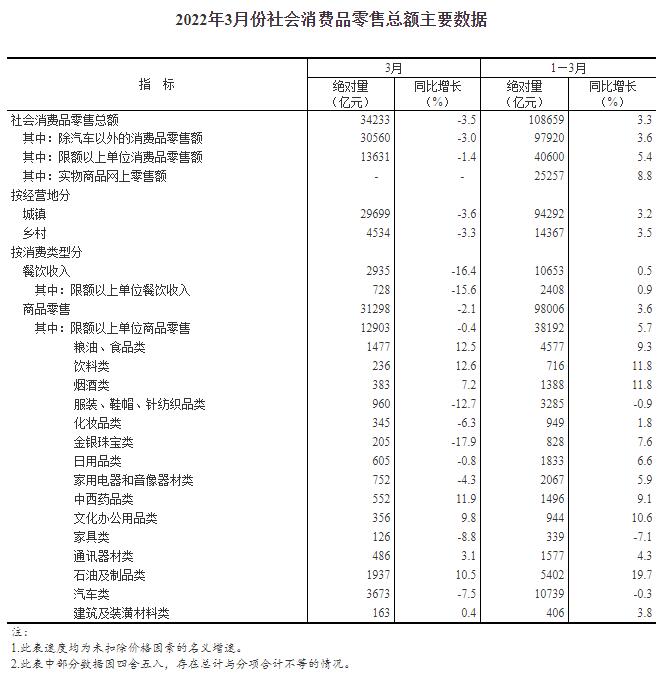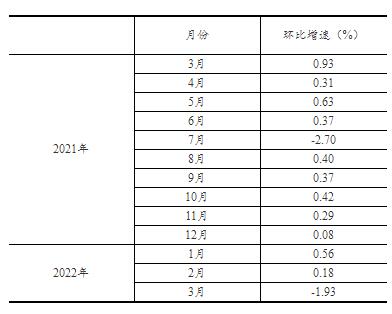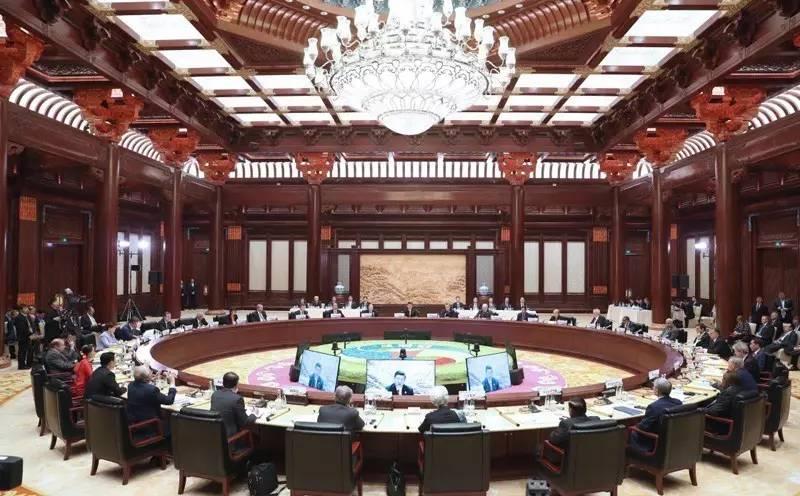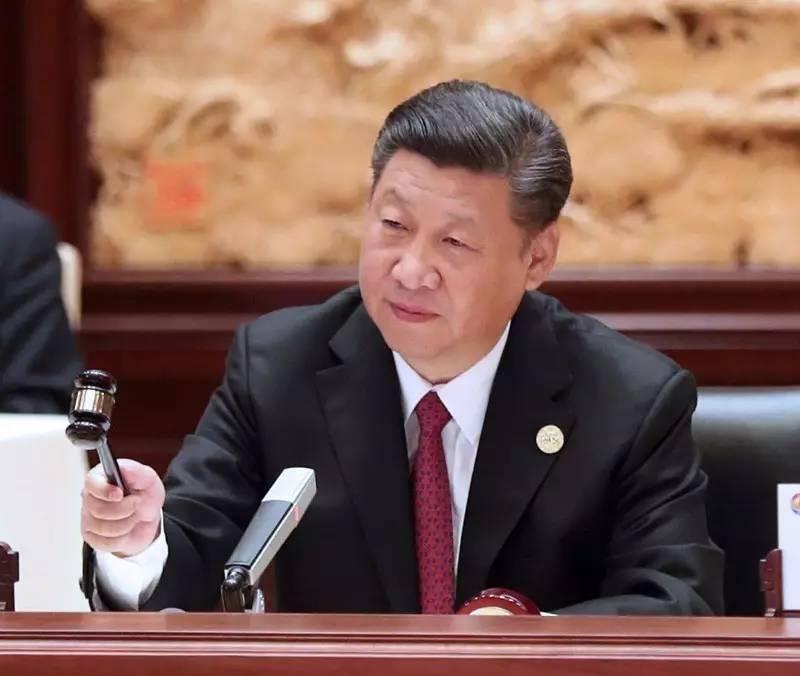The "Several Guidelines on Political Life within the Party under the New Situation" adopted by the Sixth Plenary Session of the 18th CPC Central Committee (hereinafter referred to as the "Guidelines") clearly stated: "Party organizations and leading cadres at all levels must operate within the scope of constitutional law, enhance their awareness of the rule of law, carry forward the spirit of the rule of law, and consciously act according to legal authority, rules and procedures. They must never substitute words for laws, suppress laws with power, and bending the law, and must never interfere in the administration of justice in violation of regulations." This is a clear requirement put forward by the CPC Central Committee with the Supreme Leader as the core in promoting the overall layout of "Five in One" and coordinating the promotion of "Four Comprehensive" strategic layout. We should thoroughly study and understand it, conscientiously implement it, and ensure that the major principle that Party organizations and leading cadres at all levels are active within the scope of the Constitution and laws is followed in practice.
First, deeply understand the great significance of the principle that party organizations at all levels and leading cadres must operate within the scope of the Constitution and laws.
In China, the leadership of the Party, the people being the masters of the country and the rule of law are organically unified. Only under the leadership of the Party, the people being the masters of the country can be fully realized, and the rule of law in national and social life can be promoted in an orderly manner. Therefore, we must adhere to the party’s leadership in legislation, ensure law enforcement, support the judiciary, take the lead in obeying the law, and unify the party’s leadership in the formulation and implementation of constitutional laws with the party’s insistence on activities within the scope of constitutional laws. Party organizations and leading cadres at all levels must operate within the scope of the Constitution and laws, which is not only a basic experience of our party in managing the party during the period of socialist construction, but also an important principle established by our party in the process of leading the construction of a socialist country ruled by law. In the early days of the founding of New China, our party attached great importance to the construction of the socialist legal system, and it was party member’s duty to abide by the Constitution and laws. However, later, the party made "Left" mistakes in guiding ideology, and the phenomenon of contempt for the legal system and non-compliance with laws became increasingly serious. In particular, the civil strife in the decade of the "Cultural Revolution" severely damaged the legal system and paid a heavy price. After the downfall of the Gang of Four, China’s legal system construction was restored and developed, and the issue of the party’s compliance with the law was also put on the party’s agenda. On June 27, 1981, the Resolution on Several Historical Issues of the Party since the Founding of the People’s Republic of China adopted by the Sixth Plenary Session of the Eleventh Central Committee of the Party made it clear for the first time that "Party organizations at all levels, like other social organizations, must operate within the scope of the Constitution and laws".On September 6th, 1982, party constitution, who was adopted by the 12th National Congress of the Communist Party of China, formally wrote that "the Party must act within the scope of the Constitution and laws". The establishment of this important principle has enriched and developed the Marxist theory of political parties and scientific socialism, which is of milestone significance in the political life of our party and country, and is the first time in the history of scientific socialism and China.
Since the Third Plenary Session of the Eleventh Central Committee of the Communist Party of China, the Party and the state have paid more attention to the construction of socialist democracy and legal system. The 15th National Congress of the Communist Party of China formally defined the rule of law as the basic strategy for the Party to lead the people in governing the country. The Fourth Plenary Session of the 18th CPC Central Committee made the "Decision on Several Major Issues of Comprehensively Advancing the Rule of Law", which is a programmatic document to promote the modernization of the national governance system and governance capacity, and has opened a new journey of comprehensively governing the country according to law. Under the new situation, the Sixth Plenary Session of the 18th CPC Central Committee reiterated that "Party organizations and leading cadres at all levels must operate within the scope of the Constitution and laws", which embodies the strong determination of the CPC Central Committee to take the lead in enforcing the rule of law and strictly administering the Party in an all-round way, and has great theoretical and contemporary significance.
(a) the party’s organizations at all levels and leading cadres must be within the scope of the constitution and law, which is the inherent requirement of the party’s nature, purpose and ruling status.
The Communist Party of China (CPC) is the vanguard of the working class in China, the vanguard of the people of Chinese and the Chinese nation, the leading core of the cause of Socialism with Chinese characteristics, and a faithful representative of the interests of the people of all ethnic groups. Serving the people heart and soul is the Communist Party of China (CPC)’s aim. The constitution and laws formulated by the party leading the people are the concentrated expression of the common will and fundamental interests of the people and the guarantee of their rights and interests. As the ruling party, to truly represent the fundamental interests of the people, we must persist in activities within the scope of the Constitution and laws, and consciously abide by the Constitution and laws that embody the people’s will and rights. If party organizations and leading cadres are not bound by laws, or even above the Constitution and laws, they will violate the will of the people and deviate from the nature and purpose of the Party. Therefore, Party organizations at all levels and party member cadres should deeply understand the importance of activities within the scope of the Constitution and laws from the height of adhering to the nature and purpose of the Party, earnestly enhance the concept of the rule of law, act in strict accordance with the law, and consciously accept people’s supervision and legal constraints.
(2) Party organizations and leading cadres at all levels must operate within the scope of the Constitution and laws, which is an inevitable requirement for comprehensively administering the country according to law.
Governing the country according to law in an all-round way is a major strategic plan made by our party for better governing the country from the perspective of upholding and developing Socialism with Chinese characteristics, and it is an overall issue concerning our party’s governance and rejuvenation. Governing the country according to law in an all-round way requires firmly establishing the authority of the constitutional law in the whole society and carrying forward the spirit of the Constitution. All organizations and individuals must operate within the scope of the constitutional law, and they must not have privileges beyond the constitutional law, especially party organizations and leading cadres at all levels. This is determined by the fundamental nature of law. As Marx pointed out, "law is an affirmative, clear and universal norm". As a law of national will, universal norm is its fundamental attribute. Only when all the people generally respect the law-abiding usage of law can the construction of a country ruled by law come naturally. The role of leading cadres is very important to cultivate the people’s awareness of the rule of law. Whether the leading cadres in party member respect the law-abiding usage of the law or not depends on the people’s eyes, minds and actions. All party member and leading cadres must consciously set an example of respecting the law and abiding by the law, influence and drive the people to act in accordance with the law, carry forward the spirit of socialist rule of law with practical actions, and establish the authority of the Constitution and laws.
(3) Party organizations and leading cadres at all levels must operate within the scope of the Constitution and laws, which is the proper meaning of comprehensively and strictly administering the Party.
The key to the success of China lies in the Party, and the key lies in the Party’s management and strict administration of the Party. Since the 18th National Congress of the Communist Party of China, the CPC Central Committee with the Supreme Leader as the core has innovated and developed the Marxist theory of party building, integrated the strict administration of the Party into the "four comprehensive" strategic layout, concentrated put in order’s party style, severely punished corruption, purified the political ecology within the Party, created a new situation in party building, and presented a new atmosphere in the political life within the Party. To strictly manage the Party, we must start from the inner-party political life. The Code embodies the inheritance and development of the fine tradition and political advantages of inner-party political life and a systematic summary of the successful experience and profound lessons of Party building. During the "Cultural Revolution", some leading cadres replaced the law with words and suppressed the law with power, which seriously endangered the party’s cause and damaged the party’s body. Historical lessons tell us that if the ruling party does not act within the scope of the Constitution and laws, it will not only cause national turmoil and people’s suffering, but also seriously endanger the party’s leadership and image, and even lead to the death of the party and the country. To strengthen and standardize the political life within the Party under the new situation, we must strengthen the restriction and supervision over the operation of power, ensure that Party organizations and leading cadres at all levels always operate within the scope of the Constitution and laws, form an institutional arrangement in which the right must be held accountable, the use of power must be held accountable, and the abuse of power must be held accountable, resolutely punish corruption with a zero-tolerance attitude, and organically combine the strict administration of the Party with the rule of law and the rule of law.
(D) Party organizations at all levels and leading cadres must operate within the scope of the Constitution and laws, which is a realistic need to strengthen the leadership of the Party.
The socialist rule of law must uphold the leadership of the party, and the leadership of the party must rely on the socialist rule of law. In our country, the Constitution and the law are the unified embodiment of the party’s ideas and the people’s wishes. The party leads the people to formulate constitutional laws and the party leads the people to implement them. The party itself must act within the scope of constitutional laws, which is also the proper meaning of upholding the party’s leadership. The whole party’s activities within the scope of the Constitution and laws are a high degree of consciousness of our party and a concrete manifestation of upholding the party’s leadership. Under the new situation, to strengthen the party’s leadership, we must ensure that the party’s organizations at all levels and leading cadres abide by the constitutional laws that embody the party’s will, earnestly strengthen the "four consciousnesses", especially the core consciousness and the sense of conformity, unite more closely around the CPC Central Committee with the Supreme Leader as the core, more firmly safeguard the authority of the CPC Central Committee with the Supreme Leader as the core, and more consciously maintain a high degree of consistency with the CPC Central Committee with the Supreme Leader as the core in ideological and political actions, so as to ensure that the correct direction is maintained within the party. At the same time, to strengthen the leadership of the Party, we must strengthen the construction of the Party’s ruling ability and constantly improve the Party’s ability to lead economic and social development. This requires improving the ability of party member cadres to handle affairs according to law, adhering to the principle of activities within the scope of constitutional law, consciously thinking, making decisions and doing things on the track of the rule of law, being good at handling affairs according to law by using legal thinking and legal means, and constantly improving the modernization level of the national governance system and governance capacity.
Second, accurately understand the basic requirements of the principle that party organizations at all levels and leading cadres must operate within the scope of the Constitution and laws.
Party organizations and leading cadres at all levels must operate within the scope of the Constitution and laws, which is a further clarification and reaffirmation of the principle of "the Party must operate within the scope of the Constitution and laws" in party constitution. Party organizations and leading cadres at all levels are required to abide by this principle, abide by the Constitution and laws, exercise public power according to law, adhere to the joint promotion of governing the country, governing the country and administering the society according to law, and adhere to the integrated construction of a country, a government and a society ruled by law to achieve scientific legislation and strictness.
(a) to enhance the awareness of the rule of law and promote the spirit of the rule of law.
The awareness of the rule of law is the necessary legal literacy and values of citizens in a society ruled by law, and the spirit of the rule of law is the ideological core of the rule of law and the basic principle that must be followed in the practice of the rule of law. Following the principle of activities within the scope of constitutional law, leading cadres in party member must constantly enhance their awareness of the rule of law and carry forward the spirit of the rule of law. First, respect the rule of law and fear the law. Leading cadres in party member should firmly establish the basic concepts of the rule of law, such as the supremacy of constitutional law, equality before the law, statutory power and exercise of power according to law, and stand up and resolutely fight against all kinds of acts that endanger, undermine and trample on the rule of law. The second is to understand and master the law. We should systematically study Socialism with Chinese characteristics’s theory of the rule of law, learn the laws and regulations closely related to the work we undertake, hold the legal mirror high in our hearts, hold the legal ruler in our hands, and know the scale of doing things for the officials. The third is to abide by the law and defend the rule of law. It is necessary to bear in mind that the red line of law and discipline cannot be crossed and the bottom line of law cannot be touched, take the lead in observing and enforcing the law, and strive to create a legal environment in which things are handled according to law, problems are found, problems are solved, and contradictions are resolved by law.
(two) consciously according to the statutory authority, rules and procedures
General Secretary of the Supreme Leader emphasized that abiding by the law and emphasizing procedures are the first requirements of the rule of law. Party organizations and leading cadres at all levels should transform their respect for the rule of law and reverence for the law into ways of thinking and behavior, and exercise their power in accordance with the authority, rules and procedures prescribed by law. First, the power is statutory, and the law cannot be authorized. The exercise of state public power must be authorized by law, based on law, bound by law, and not abused or exceeded, and things without legal basis cannot be done. Leading cadres should establish the concept of "statutory authority" and understand how the law stipulates how to use power, what can be done and what can’t be done, and never do whatever they want. The second is to dare to take responsibility, and the statutory duty must be. Power and responsibility are unified, and the power given by law is also a duty, which must be actively performed, and can not be shirked, let alone abandoned. Leading cadres should earnestly enhance their enthusiasm and initiative in performing their duties, which is both a party spirit requirement and a legal requirement. If they fail to perform their statutory duties as required, causing serious consequences, they should be investigated for their legal responsibility for dereliction of duty according to law. The third is to respect the rules and strictly follow the procedures. Rules and procedures are pre-set to ensure the exercise of power according to law. We should not make changes or take shortcuts in pursuit of decision-making efficiency and work convenience, and we should not disregard rules and procedures for our own self-interest. Only by abiding by legal procedures and consciously safeguarding the seriousness of laws and rules can the people see and feel fairness and justice and realize the fundamental purpose of serving the people wholeheartedly.
(3) Never substitute words for law, use power to suppress law and bending the law.
Replacing the law with words, suppressing the law with power and bending the law are typical manifestations of stressing the rule of man rather than the rule of law, and exercising power over the law. Party organizations and leading cadres at all levels must obey and abide by the Constitution and laws, and must never take the leadership of the Party as a shield for individuals to substitute words for laws, suppress laws with power and bending the law, and never allow personal will to override the law and personal interests to override national interests. First, everyone is equal before the law. Equality is the basic attribute of socialist law. Any organization or individual must safeguard the unity, dignity and authority of the national legal system, and must operate within the scope of the Constitution and laws, and shall not enjoy privileges. The second is to improve the decision-making mechanism according to law. In order to avoid the phenomenon of "one-word-for-one" and "substituting words for laws", public participation, expert argumentation, risk assessment, legality review and collective discussion and decision should be determined as legal procedures for major decision-making, so as to ensure proper decision-making procedures, open processes and clear responsibilities. The third is to improve the mechanism of using rights according to law. Power is a double-edged sword. Exercising it on the track of rule of law will benefit the people, while exercising it outside the law will bring disaster to the country and the people. It is necessary to put power into the cage of the system, establish a power list, implement the correspondence between powers and responsibilities, set power, standardize power, restrict power and supervise power according to law. It is necessary to let power operate in the sun, promote the openness and standardization of power operation, improve the openness of party affairs, government affairs, justice and affairs in various fields, and leave no room for black-box operation to openly promote the use of power according to law.
(4) Never interfere with the administration of justice in violation of regulations.
Activities within the scope of constitutional law must respect judicial authority, put an end to illegal interference in the administration of justice, and ensure that judicial organs and procuratorial organs independently and impartially exercise judicial power and procuratorial power according to law. First, correctly handle the relationship between the party’s leadership and the judicial organs independently exercising their functions and powers according to law. The General Secretary of the Supreme Leader pointed out: "Judicial activities have special nature and laws, and judicial power is the right to judge and decide the facts and laws of a case." This is the first time that our party has clearly defined the nature of judicial power since its founding. Judicial power, as a kind of judgment power, requires that the subject exercising power must experience the trial process of the case, understand and master the facts of the case, and then make a judgment according to law. The party’s leadership over the judicial organs is the leadership of the party as a whole, mainly political, ideological and organizational leadership. It must not be changed or replaced by the decision of the party Committee, let alone the handling of specific cases by the judicial organs. The second is to conscientiously implement the system provisions to prevent leading cadres from interfering in judicial activities. In March 2015, the General Offices of the General Office of the Central Committee of the CPC and the State Council issued the Provisions on Recording, Informing and Accountability of Leading Cadres’ Intervention in Judicial Activities and Handling of Specific Cases, and the Central Political and Legal Committee formulated the Provisions on Recording and Accountability of Cases Interrogated by Internal Personnel of Judicial Organs. The "two regulations" have drawn a "red line" for leading cadres to intervene in the judiciary, and established a "firewall" and "Isolation zone ",party organizations and leading cadres at all levels must conscientiously implement, to ensure that judicial organs independently and impartially exercise their functions and powers according to law. Third, resolutely support and protect judicial personnel to perform their statutory duties. In July 2016, the General Offices of the General Office of the Central Committee of the CPC and the State Council issued the Provisions on Protecting Judicial Personnel from Performing Their Statutory Duties according to Law. Party organizations and leading cadres at all levels should abide by the implementation, establish and improve the protection mechanism for judicial personnel to perform their statutory duties according to law, provide full and effective protection for judicial personnel to perform their duties according to law, support judicial personnel to dare to take responsibility, not be selfish, be loyal to the law, be fair in justice, and earnestly safeguard the last line of defense of social fairness and justice.
Third, implement the principle that Party organizations at all levels and leading cadres must operate within the scope of the Constitution and laws.
The principle that the Party must operate within the scope of the Constitution and the law has been established for more than 30 years, and it has been generally recognized throughout the Party. Most party organizations and leading cadres can adhere to the law according to party constitution’s requirements and set an example of respecting the law and abiding by the law. However, in practice, some party organizations and individual cadres in party member, including senior leading cadres of the Party, pay insufficient attention to this principle, fail to understand it thoroughly, and fail to implement it in place. Very few people even violate the law and commit crimes above the constitutional law, which is very harmful and has a profound lesson. Party organizations and leading cadres at all levels must deeply understand the significance of reaffirming this principle in the Code and take effective measures to ensure that this principle is implemented.
(1) Further raise awareness. We should conscientiously and truthfully study the documents of the Sixth Plenary Session of the Eighteenth Central Committee of the Party, thoroughly study the specific requirements of the Code on this principle, strive to thoroughly understand the spirit, grasp the essence, grasp the soul, and effectively unify our thoughts and actions with the major decision-making arrangements of the CPC Central Committee. We should improve our ideological understanding and strengthen the concept of the rule of law, and deeply realize that safeguarding the authority of the constitutional law means safeguarding the authority of the common will of the party and the people, safeguarding the dignity of the constitutional law means safeguarding the dignity of the common will of the party and the people, and ensuring the implementation of the constitutional law means ensuring the realization of the common will of the party and the people. We should firmly establish the supremacy of the constitution and law, think more about whether it is legal and compliant when making decisions and doing things, think more about the legal basis, legal procedures and legal responsibilities, and consciously be the organizer, promoter and practitioner of comprehensively governing the country according to law.
(2) Pay close attention to the implementation of responsibilities. To strengthen the publicity and education of the rule of law for leading cadres in party member. Adhere to the leading cadres to take the lead in respecting the law and abiding by the law as the key to establishing the awareness of the rule of law, and include the Constitution and basic laws in the study content of the central group of the party committee (party group) as compulsory courses for party schools, administrative colleges, cadre colleges and socialist colleges. We must strengthen the main responsibility. The Fourth Plenary Session of the Eighteenth Central Committee of the Communist Party of China clearly requires that the principal responsible persons of the party and government should perform the duties of the first responsible person in promoting the rule of law, which is an important organizational guarantee for promoting the rule of law. Party organizations at all levels should carry out unified leadership, unified deployment and overall coordination on the implementation of the principle of "activities within the scope of the Constitution and laws". We must do a good job in the implementation of inspectors and accountability. Party discipline and state law must not become "plasticine" or "scarecrow". Those who have caused great losses or adverse effects on the illegal use of power by party organizations and leading cadres at all levels must be resolutely dealt with according to law, forming a situation in which the whole party pays close attention to implementation, and resolutely correct acts of failing to abide by the law, lax enforcement and impunity.
(3) Focus on key links and "key minorities". It is necessary to strengthen the party’s leadership over legislative work, be good at making the party’s ideas become the will of the state through legal procedures, and ensure the implementation of the party’s line, principles and policies from the system and law. It is necessary to further promote administration according to law, promote governments at all levels to work on the track of the rule of law, innovate law enforcement systems, improve law enforcement procedures, perform government functions according to law, improve the decision-making mechanism according to law, and accelerate the construction of a government ruled by law. It is necessary to strengthen and improve the party’s leadership over judicial work, support judicial organs and procuratorial organs to exercise judicial power and procuratorial power independently and impartially according to law, improve the quality of the judicial team, and strengthen supervision over judicial activities. We must do a good job in the "key minority". Leading cadres, especially senior leading cadres, can not only play a key role in promoting the rule of law, but also play a fatal role, which largely determines the implementation effect of the principle of "activities within the scope of the Constitution and laws". Therefore, we must pay special attention to the "key minority" of leading cadres, so that leading cadres at all levels can take the lead in abiding by the constitutional laws, taking the lead in deepening reform, promoting development, resolving contradictions and maintaining stability by using the rule of law thinking and methods, so as not to be disturbed by selfishness, trapped by human feelings, burdened by relationships and confused by interests before the law.
(4) Strengthening the guarantee of the rule of law. It is necessary to strengthen the construction of laws and regulations within the Party, weave a tight system cage, pay attention to the connection and coordination between the laws and regulations within the Party and the national laws, apply the laws and regulations within the Party to implement the Party’s management and strict management, and urge party member cadres to take the lead in observing the constitutional laws. It is necessary to standardize the power operation mechanism in accordance with the requirements of the Party’s internal laws and regulations, and pay close attention to the requirements of the lifelong accountability system and the responsibility investigation mechanism for major decisions put forward in the Decision of the Fourth Plenary Session of the 18 th CPC Central Committee, and establish and improve the supporting mechanism to give full play to the overall function of the system. It is necessary to build a strict supervision system under the rule of law and enhance the effectiveness of supervision. Strictly implement the "Regulations on Inner-Party Supervision in the Communist Party of China (CPC)" and maintain the advanced nature and purity of the Party with strict inner-party supervision. Strengthen the supervision of the implementation of the law, promptly correct illegal acts, especially those of cadres in party member, and ensure the implementation of the constitutional law. Strengthen public opinion supervision, improve the system of letters and complaints, give play to the role of traditional media and new media, and form a joint force of public opinion supervision. We must adhere to strict and fair administration of justice, take the rule of law as the fundamental policy, and set up, talk about and keep the rules of power operation. Whoever treats the law as a joke will be punished by law, and will never leave a "secret door" or open a "skylight". We will handle all kinds of cases fairly and efficiently, resolutely safeguard the seriousness and authority of constitutional laws, and ensure that party organizations and leading cadres at all levels are active within the scope of constitutional laws.
